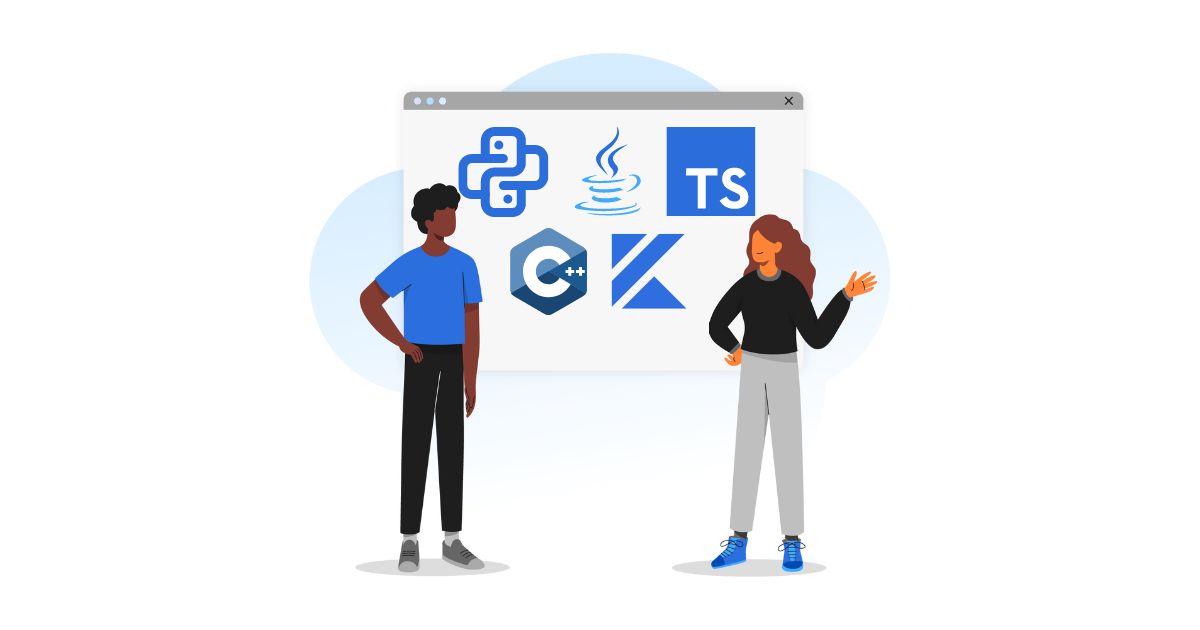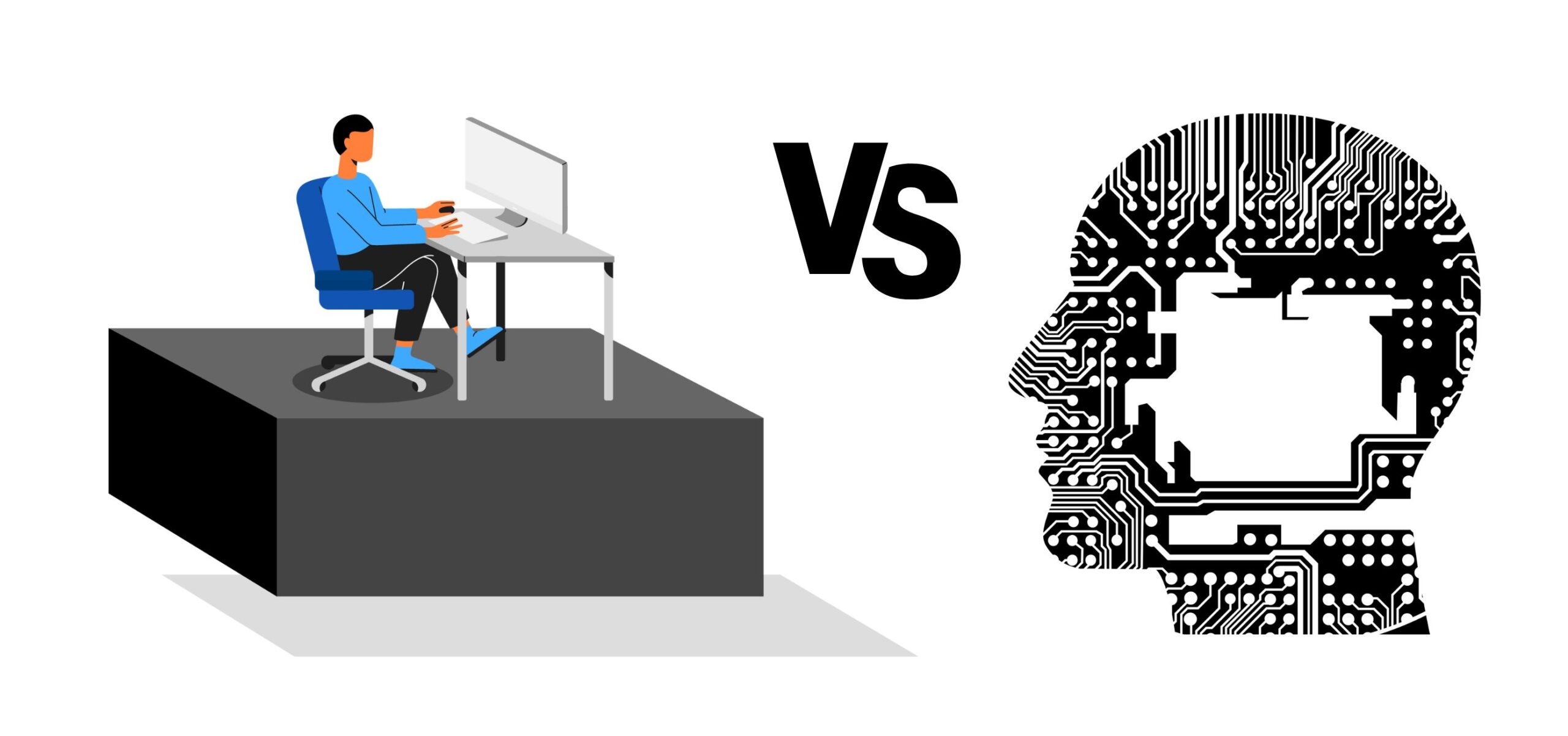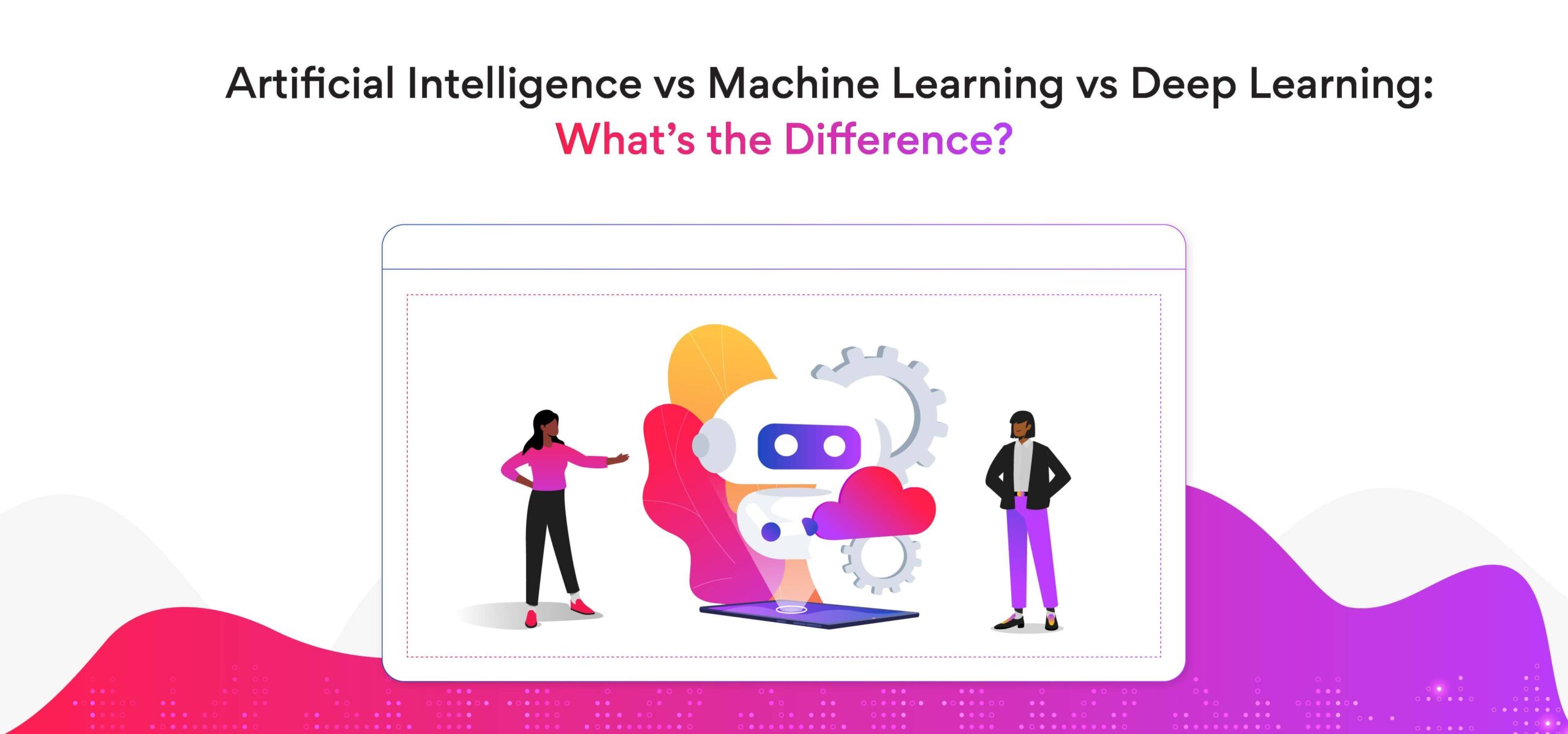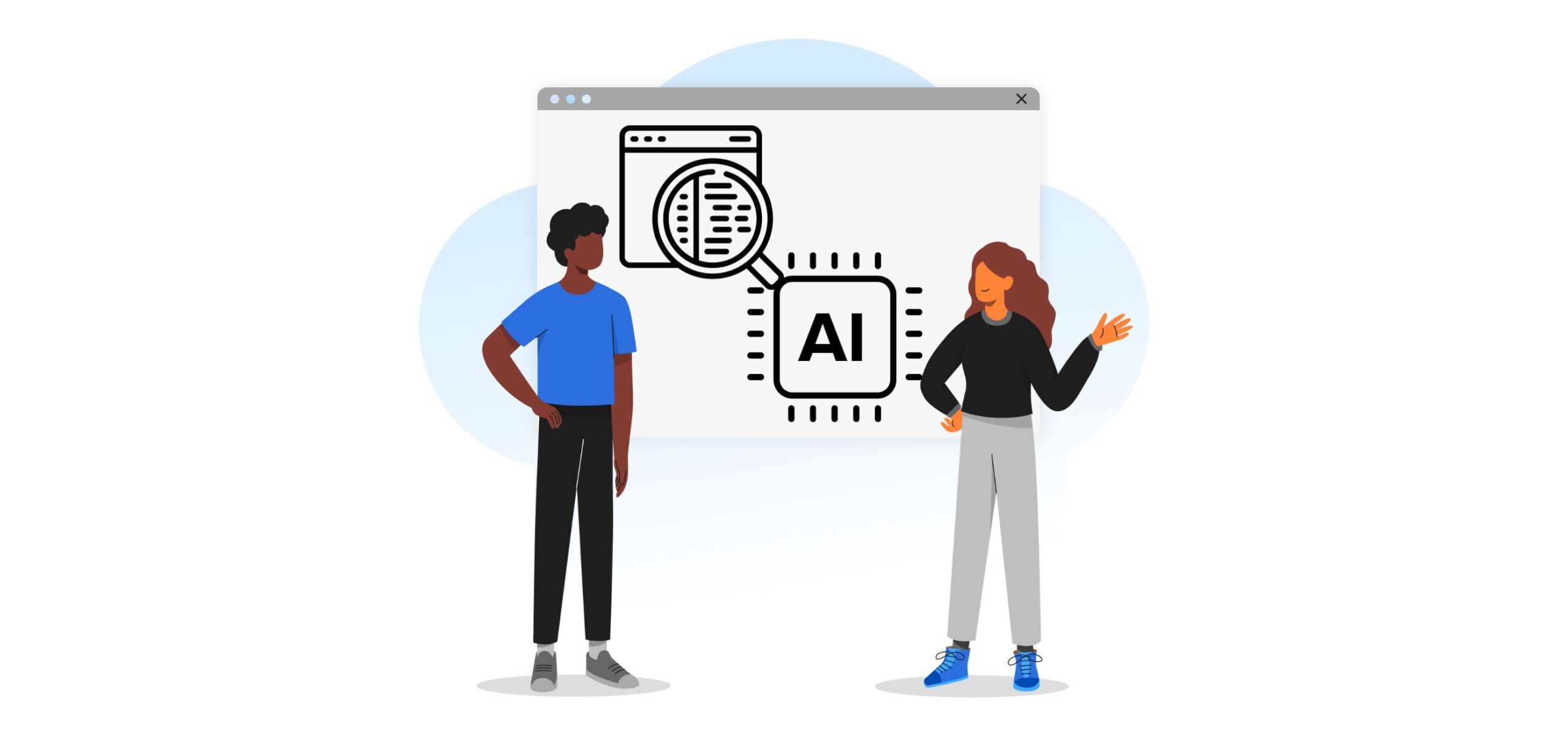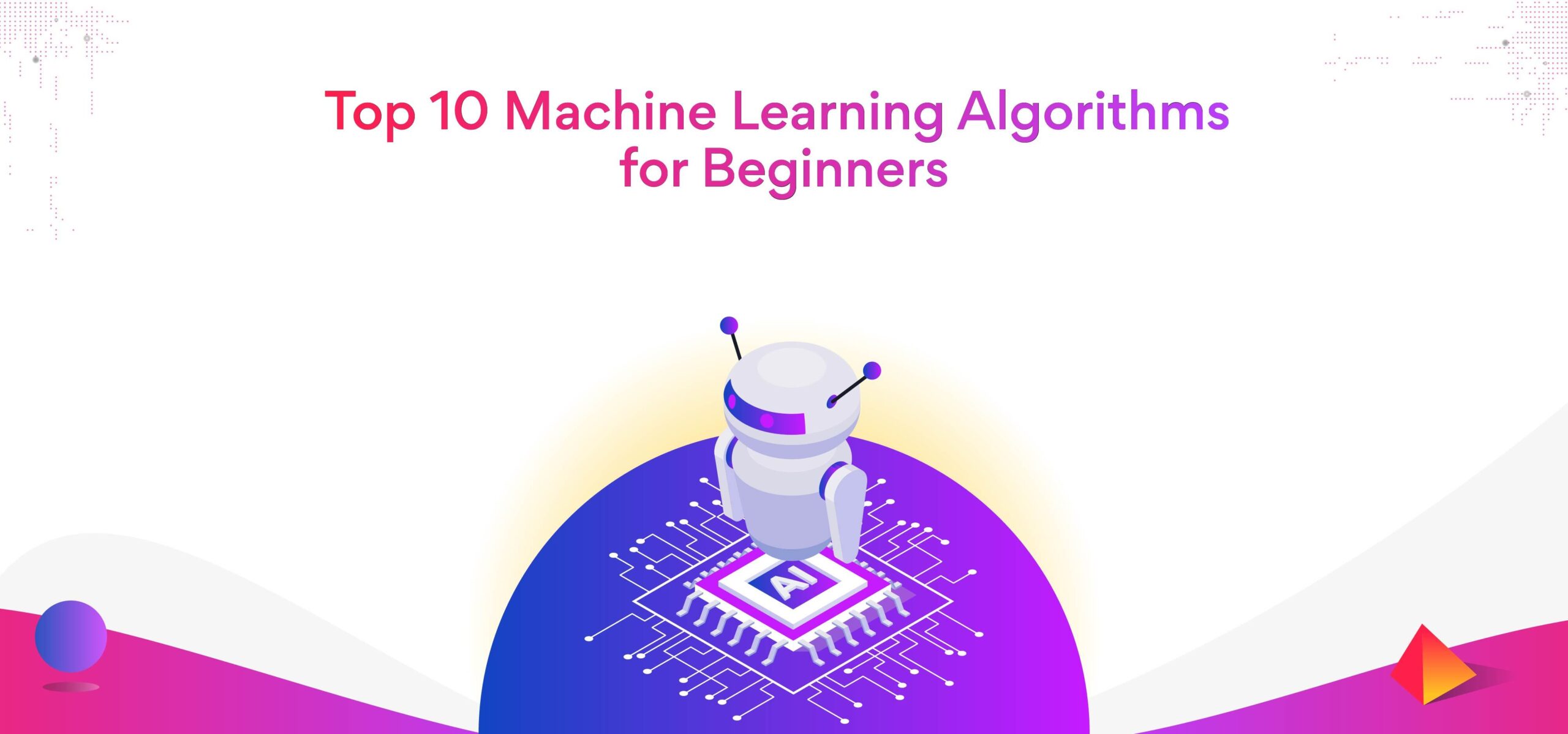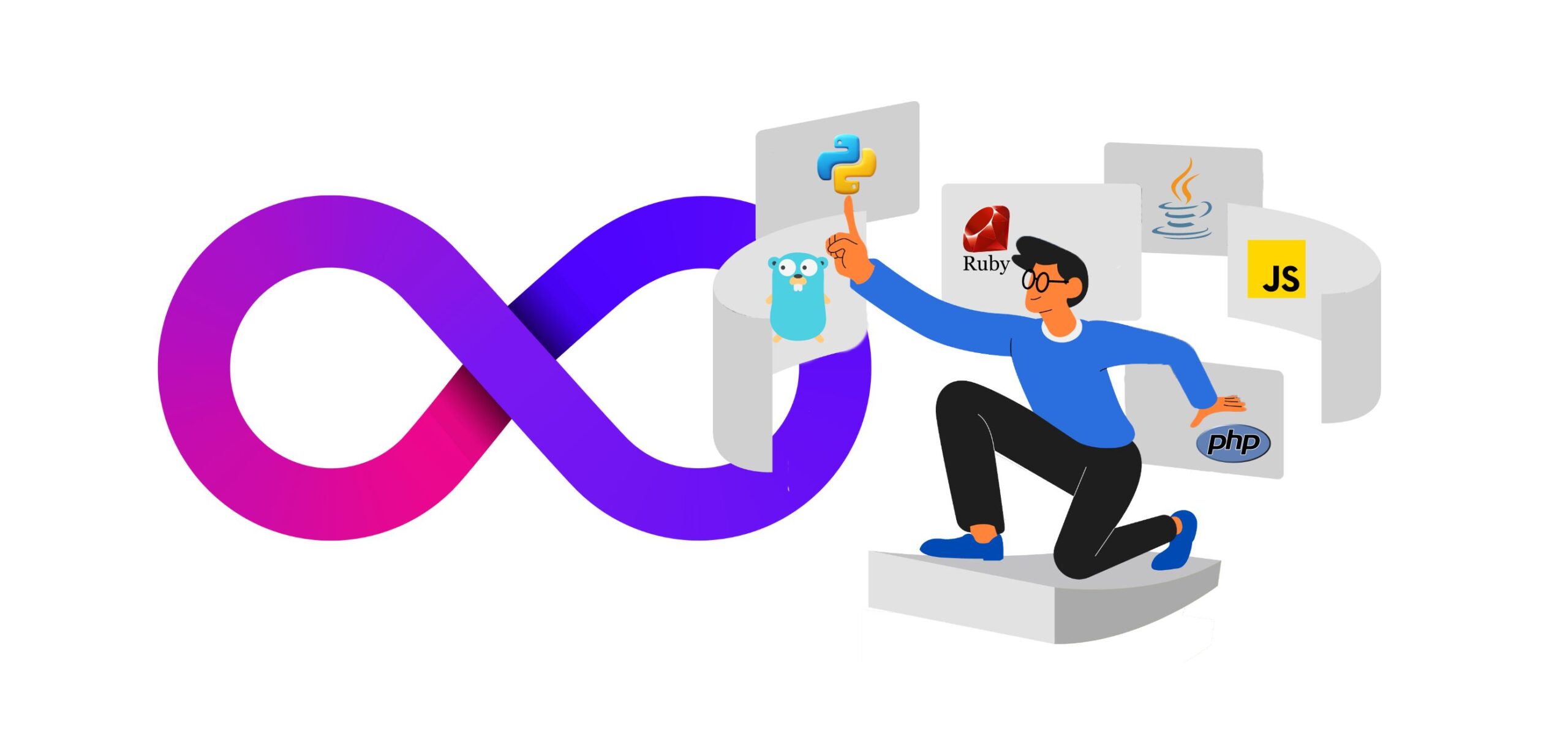Top 5 AI Code Generation Tools in 2024
Traditionally, writing code has been a labor-intensive process that requires meticulous attention to detail and a deep understanding of programming languages and frameworks. However, AI code generation tools are changing this paradigm by automating large parts of the coding process.
These tools leverage machine learning algorithms trained on vast repositories of code to analyze patterns, understand requirements, and generate human-readable code snippets. AI code generation tools have emerged as a groundbreaking innovation, promising to reshape the landscape of software engineering as we know it.
Advantages of AI code generation tools
Saves valuable time
One of the most significant advantages of AI code generation tools is their ability to accelerate the development cycle. Tasks that once took days or weeks to complete can now be accomplished a fraction of the time.
For software developers, this means increased productivity and faster time-to-market for software projects.
Transforms software development
Another key benefit of these AI tools is their potential to democratize software development. Traditionally, coding has been a specialized skill that requires several years of training and experience. With AI tools, however, individuals with less coding knowledge can create functional applications by simply describing their requirements in natural language.
This opens up opportunities for a wider range of people to participate in software development, fostering innovation and creativity.
Reduces human error
AI code generation tools can reduce the margin of error in coding. Writing code is inherently prone to mistakes, which can lead to bugs and security vulnerabilities. By automating parts of the coding process, AI tools can help minimize these errors, leading to more robust and secure applications.
Additionally, AI-generated code is often accompanied by explanations and documentation that make it easier for developers to understand and debug.
Top 5 AI code generation tools
Open AI Codex: OpenAI Codex stands out as one of the leading AI code tools in the current landscape. Trained on extensive code datasets and leveraging OpenAI’s large language models (LLMs) like GPT-3 and GPT-4, OpenAI Codex uses an extensive dataset consisting of billions of lines of code. This tool has proficiency in over 12 programming languages, making it a versatile and invaluable resource for developers.
CodeT5: CodeT5 stands out as an open-source AI code generator designed to assist developers in writing reliable and error-free code. It offers support for a wide array of programming languages including Java, Python, and JavaScript. Moreover, CodeT5 is available in both online and offline versions, adapting to users’ preferences while ensuring data security.
SourceGraph’s Cody: The best feature of this code generator lies in its ability to grasp the context in which the code is written, thereby providing pertinent suggestions aligned with your objectives. This enhances the quality of code produced and significantly diminishes the time required for coding tasks.
Copilot: Created through a collaboration between GitHub and OpenAI, GitHub Copilot represents a significant advancement in AI-driven programming assistance. Serving as a virtual coding partner, this tool significantly enhances developers’ coding capabilities by providing suggestions for entire lines or blocks of code as developers type. Copilot goes beyond merely regurgitating preexisting code; instead, it adapts and evolves based on each developer’s unique coding style.
Tabnine: This is an effective AI-powered code generator available online that employs machine learning techniques to anticipate and propose completions, thereby streamlining the coding process, enhancing efficiency, and reducing errors. Based on individual writing patterns, the advanced functionalities of Tabine provide features such as automatic code completion, autogenerated tests, syntax highlighting, and seamless integration with popular IDEs.
Are AI code generation tools reliable?
Even though AI code generation tools provide numerous benefits, there is one important challenge they face: the potential for bias. Machine learning algorithms are trained on data, which may reflect biases present in the source material.
This can result in AI-generated code that perpetuates or amplifies existing biases, such as gender or racial stereotypes. Developers must be vigilant in identifying and mitigating bias in AI code generation to ensure fair and equitable software outcomes.
Another concern is the lack of transparency in how these tools generate code. Developers may be hesitant to trust AI-generated code without understanding the underlying algorithms and decision-making processes. Ensuring transparency and accountability in AI code generation will be crucial to building trust with the developer community.
Conclusion
Despite these challenges, the future of AI code generation tools looks promising. As machine learning algorithms continue to improve and datasets grow larger and more diverse, AI tools will become even more powerful and capable.
Developers can expect to see further advancements in areas such as natural language understanding, code optimization, and collaborative coding assistance. As developers embrace these tools and work to overcome obstacles, the future of software development is looking brighter than ever.
Tell us the skills you need and we'll find the best developer for you in days, not weeks.


